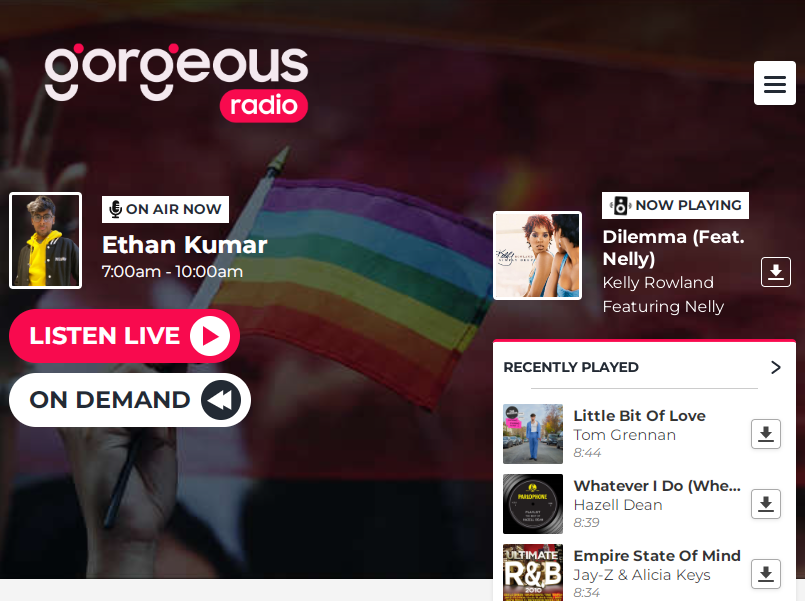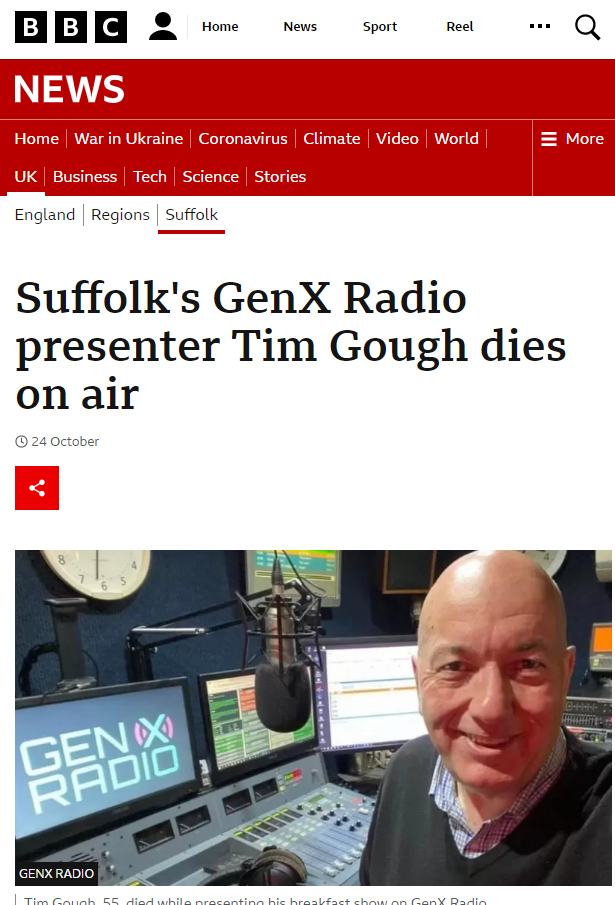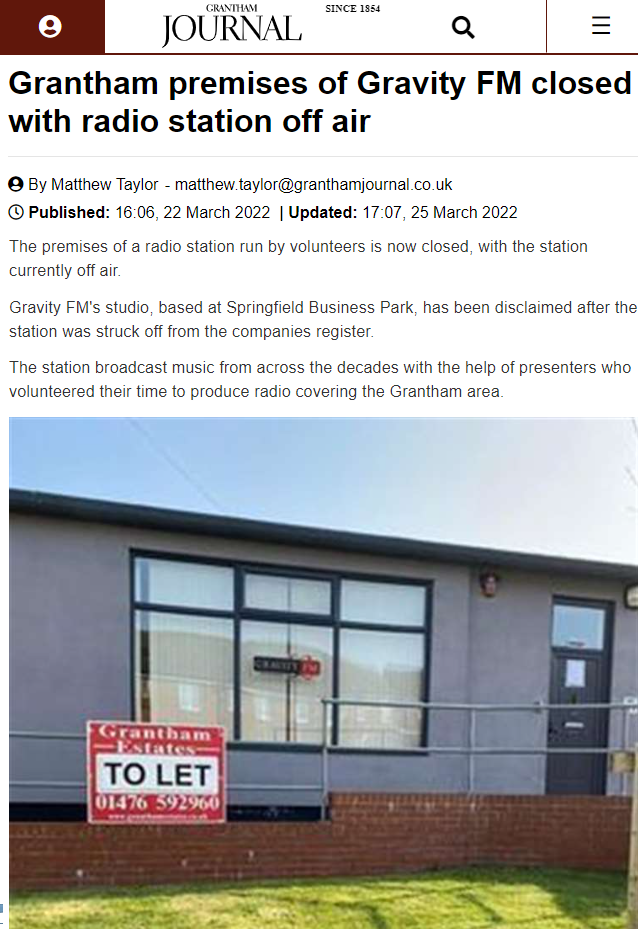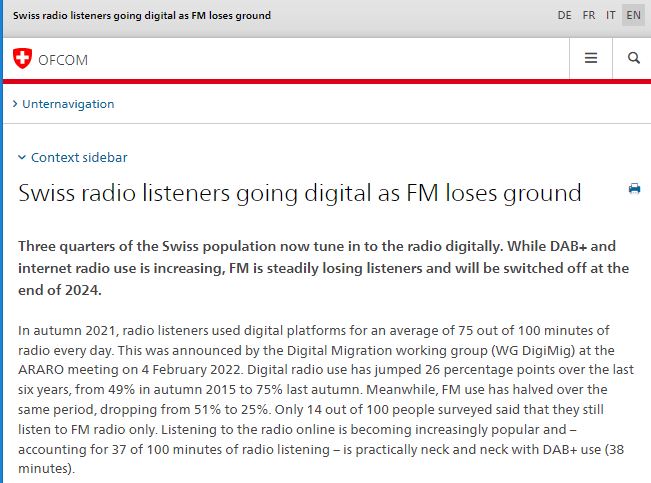
Source
Less than a year after digital multiplexes went live in the UK in the local area, already 148 stations have started broadcasting on DAB, increasing the range of programmes available to listeners. Compared to the other wavebands, broadcasting in the DAB band is cheaper because it allows several stations to broadcast on the same channel, thus sharing the costs of the transmitter (design, installation, transmission equipment, and antenna) and especially the running costs (station rental, power, and maintenance). A DAB+ channel can accommodate 12 to 24 programmes, depending on the bandwidth each radio requires (48 to 320 kHz, depending on the desired audio quality). Local commercial, community, and thematic broadcasters have arrived on the new frequencies, many of them making their debut on the airwaves.
Allocations still in progress

Source
The multiplexes in the local area are licensed by Ofcom (the UK’s communications regulator), which has so far authorized 59, of which 20 are already up and running. Others will go on air by the end of 2022 and during 2023. A third licensing round is currently being launched for the areas of Milton Keynes (Rutland), Stamford (Swindon), Marlborough (Wetherby and Harrogate), and the Yorkshire coast. The evaluation of the applications received for the fourth round, which made available a further 24 local multiplexes, is also underway. In spring 2023, the call for applications will be opened for round five, which will include the city of London and the southeast of England.
From the LGBT community to traditional Scottish music

Source
Stations previously only listenable on the web such as Salisbury Radio, Winchester Today, Rother Radio (Sheffield and Rotherham), Radio West Norfolk (King’s Lynn), and Central Radio (Blackpool) have debuted on the airwaves. Channels targeting specific groups, such as Gorgeous Radio (LGBT community), Spice Radio (local Asian community in the North East of England), and Celtic Music Radio in Glasgow and Edinburgh (contemporary and traditional Scottish music and culture). And then not-for-profit community stations operating on AM or FM, such as Radio Cardiff (98.7 MHz), Drive 105 (105.3 in Derry/Londonderry), Radio Tyneside (93.6), Cambridge 105 (105.0), Switch Radio (107.5 in Birmingham), Black Country Radio (92.2 and 102.5), Future Radio (107.8 in Norwich) and Akash Radio (1323 Medium Wave, the ‘1st Punjabi Radio Station in the North of England’ broadcasting from Leeds). As well as thematic radio stations offering dance, soul, afrobeat, album rock, easy listening, nostalgia, and alternative music.














